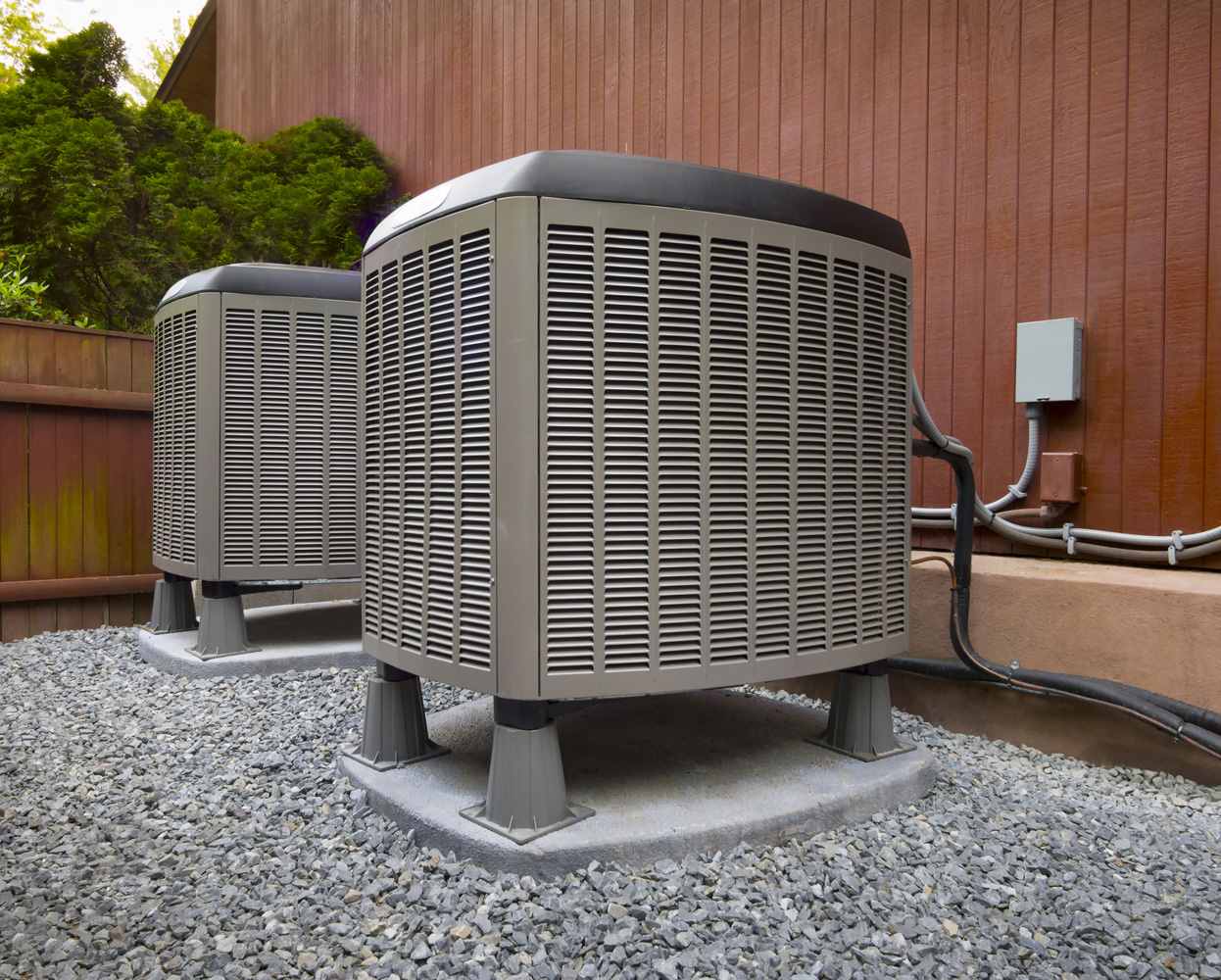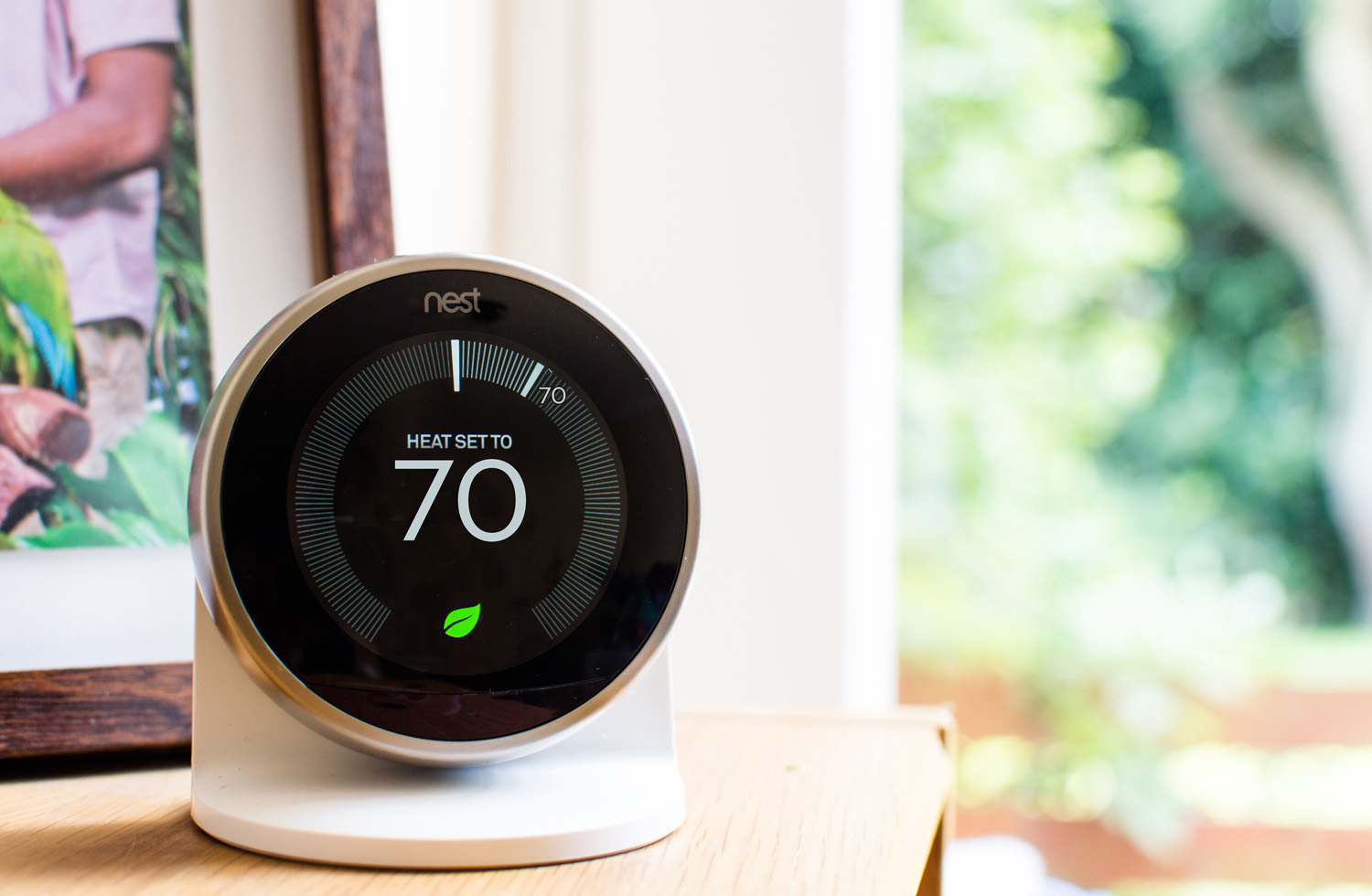
Climate Change?
By Cheryl Alexander
Heating and cooling bills on the rise? Air conditioning running longer than usual, yet it still feels warm? Noticing weird noises? More dust? Bad smells? HVAC more than 10 years old?
Though some HVAC systems can last for over a decade, even if your system is not showing any obvious need for replacement, that doesn’t mean you shouldn’t think about what an upgrade can offer you. There are several things to consider.
Cooling Load
Get an exact calculation of your home’s cooling load to determine the appropriate size unit. An HVAC system that is too large for your home suffers from inefficiency, excessive wear and tear, and a shortened lifespan. Reducing your home’s cooling or heating load is a good reason to get a more appropriately sized unit.
Energy Efficiency
Older HVAC systems waste energy and increase utility bills. New purchases should meet Energy Star standards. The U.S. Department of Energy reports that if your HVAC is older than 10 years, replacing it with an Energy Star will save you 20 percent on your energy bills. If your furnace is older than 15 years, an Energy Star replacement will save you 15 percent.
 Air Quality
Air Quality
One of the HVAC system’s biggest jobs is managing air quality. Bad indoor air contributes to allergies, asthma attacks, respiratory problems, and even carbon monoxide poisoning. Since we spend 87 percent of our time indoors, clean air is critical. Dated systems cannot keep up with today’s air quality demands and are not compatible with add-ons like whole-home dehumidifiers, air purifiers, and ventilators. A new system will ensure safe air at home.
Zoning Modifications
Older HVAC systems treat your entire home instead of just the zones that need it most. An upgraded system will allow you to divide your home into individually targeted zones. The A/C, ductwork, and thermostats collaborate to regulate each zone. Each zone’s thermostat is connected to a central control panel that opens and closes dampers in the ductwork to direct air to the appropriate zones. You condition only what you need and save significant energy and money.
Ductless Design
Leaky ductwork causes the average HVAC system to lose 20 to 30 percent of the energy it generates. A ductless system, also known as a mini-split system, utilizes a single outdoor unit. Then as many as four indoor air handling units rely on a short length of conduit that runs from the outdoor unit to the indoor units, which each cool a designated zone. Separate thermostats control each zone, so you do not pay to cool less-used rooms in your home.









